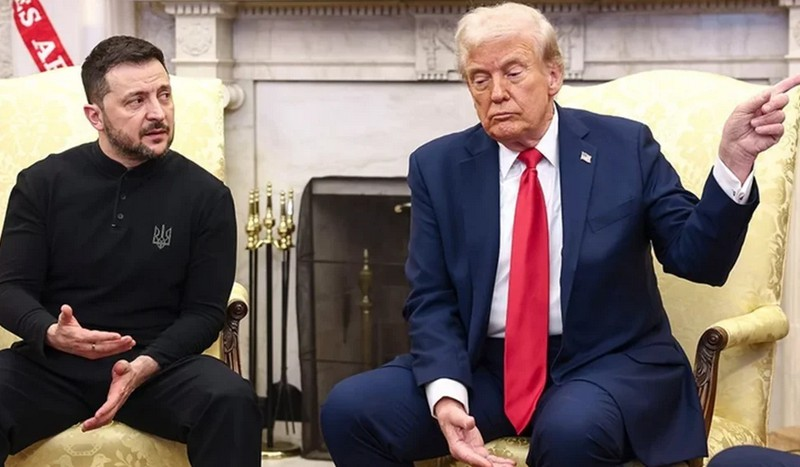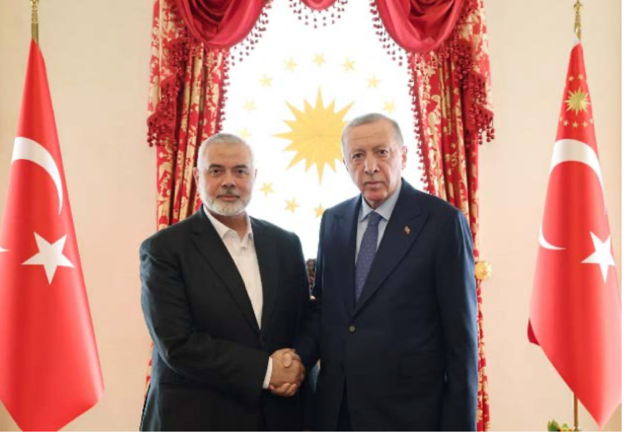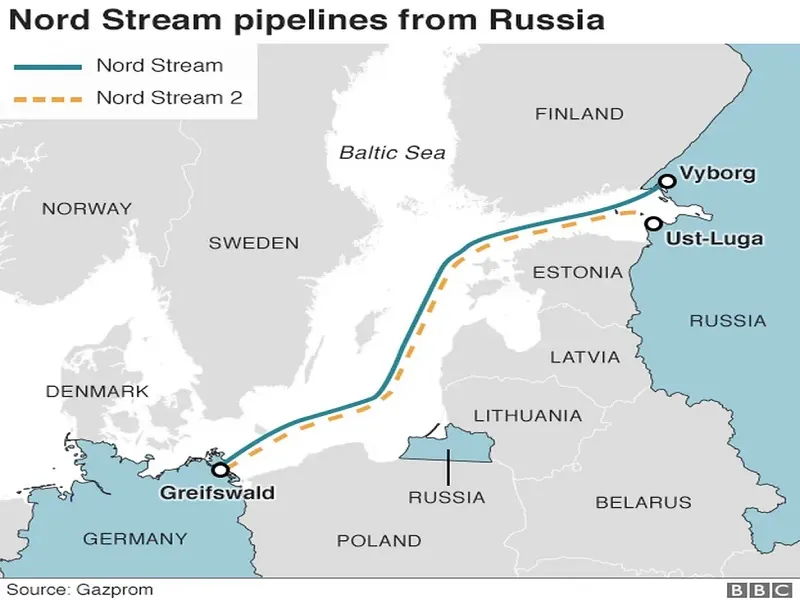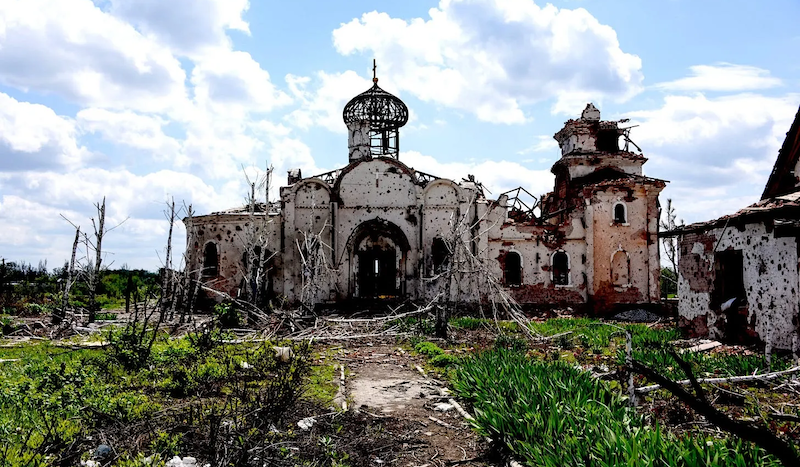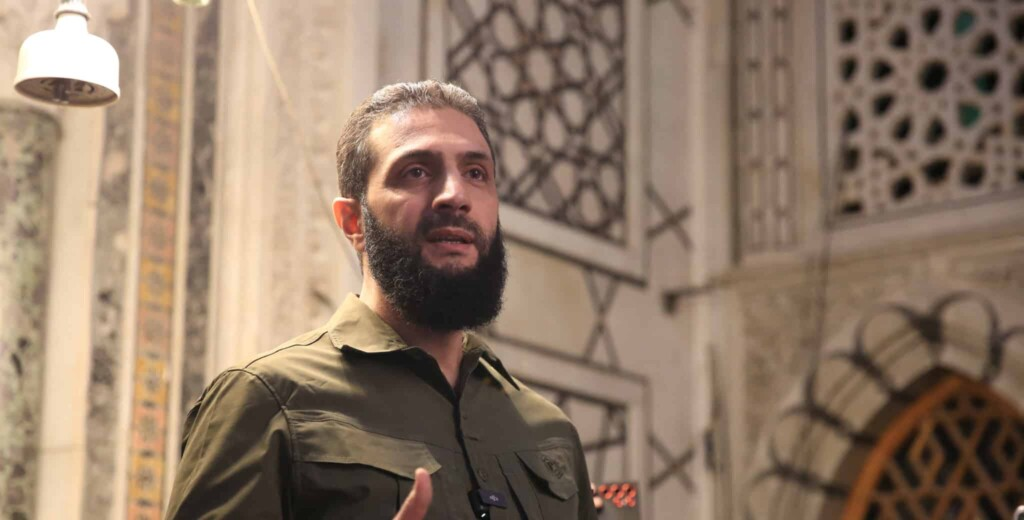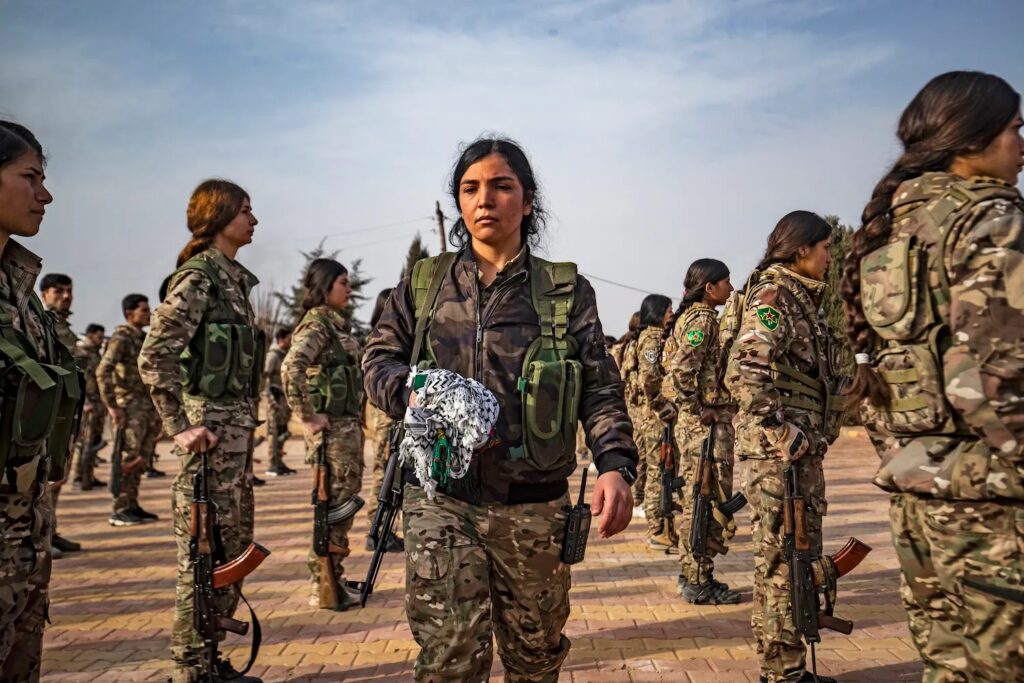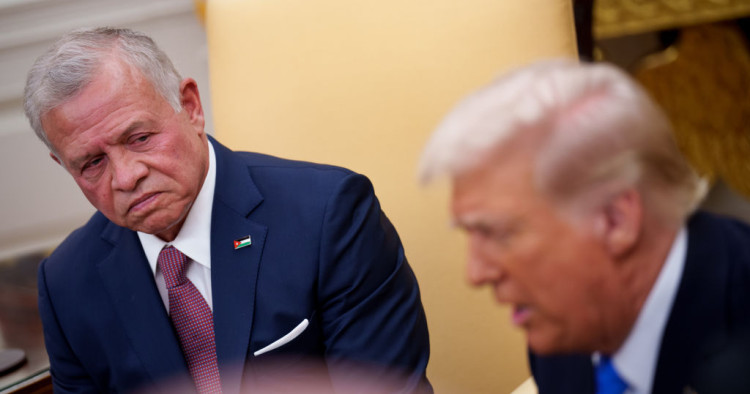As the ceasefire ends Israel plans to ‘suffocate’ Gaza
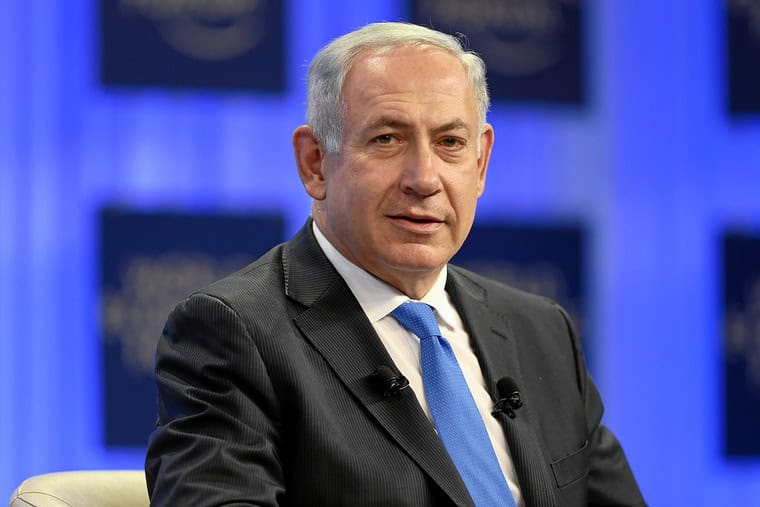
Israel blocks all aid into Palestine and puts new conditions on a permanent ceasefire threatening to restart the war
Israel wants to “suffocate the people of Gaza” with its violations of the ceasefire.
The terror state blocked aid into the besieged territory, put new conditions on a permanent ceasefire and threatened to restart the war on Sunday.

